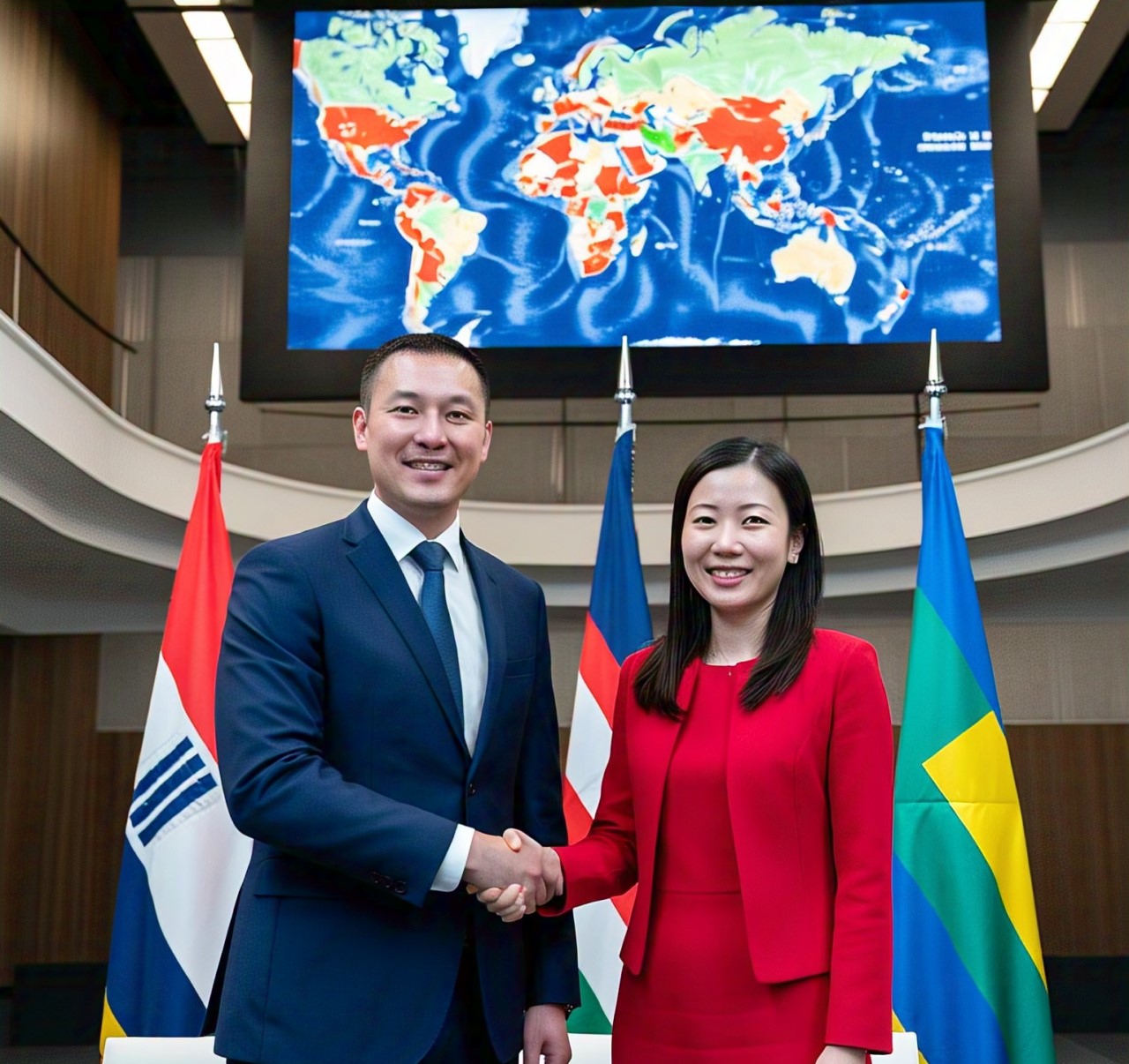In today’s fast-changing world, no country stands completely alone. What happens in one corner of the globe can quickly ripple across continents. That’s where international relations and diplomacy step in—quietly shaping the world we live in, often behind the scenes.
While it might seem like something only presidents and diplomats deal with, the truth is, international relations affect everyday people in ways we might not always realize.
More Than Handshakes and Flags
When we think of diplomacy, we often picture leaders shaking hands in front of national flags or sitting at long conference tables. And yes, those symbolic moments matter—but diplomacy is far more than photo ops.
It’s about building bridges instead of walls. It’s how countries collaborate on global challenges like climate change, terrorism, trade, and pandemics. It’s how peace treaties are signed, international aid is agreed upon, and even how students get to study abroad.
Global Cooperation in a Divided World
In times of global crisis—be it conflict, disease, or economic turmoil—diplomacy becomes a lifeline. Nations must communicate, compromise, and coordinate. Just look at how the COVID-19 pandemic forced countries to work together on vaccines, or how climate agreements like the Paris Accord rely on diplomatic negotiation to move forward.
Even when there are tensions, open diplomatic channels can prevent misunderstandings from escalating into full-blown conflict.
The Silent Strength of Soft Power
Not all diplomacy is about defense or disaster. Countries also compete using soft power—things like culture, education, technology, and values. When a country supports international education programs, shares cultural exchanges, or provides humanitarian aid, it’s not just being kind—it’s building influence and trust.
And that trust pays off—politically, economically, and socially.
What It Means for Us
From the price of imported goods to visa-free travel, international relations trickle down into our daily lives. When two countries strengthen trade relations, you might get cheaper electronics or more job opportunities. When diplomatic ties sour, you could see price hikes, limited travel, or strained security.
So even if diplomacy feels far removed from your daily routine, its effects are often right in your pocket—or on your plate.
The Bottom Line
At its core, international diplomacy is about talking before fighting, about working together rather than going it alone. It’s a complex dance of negotiation, respect, and mutual interest.
In a world that feels increasingly divided, diplomacy reminds us that connection is still possible—and necessary.
Because while we may live in different nations, we share one world.
